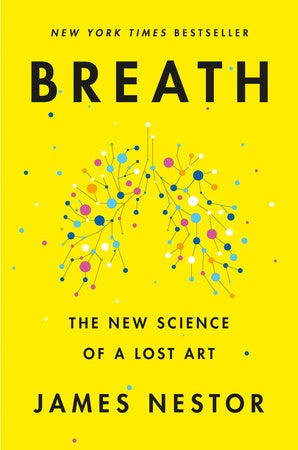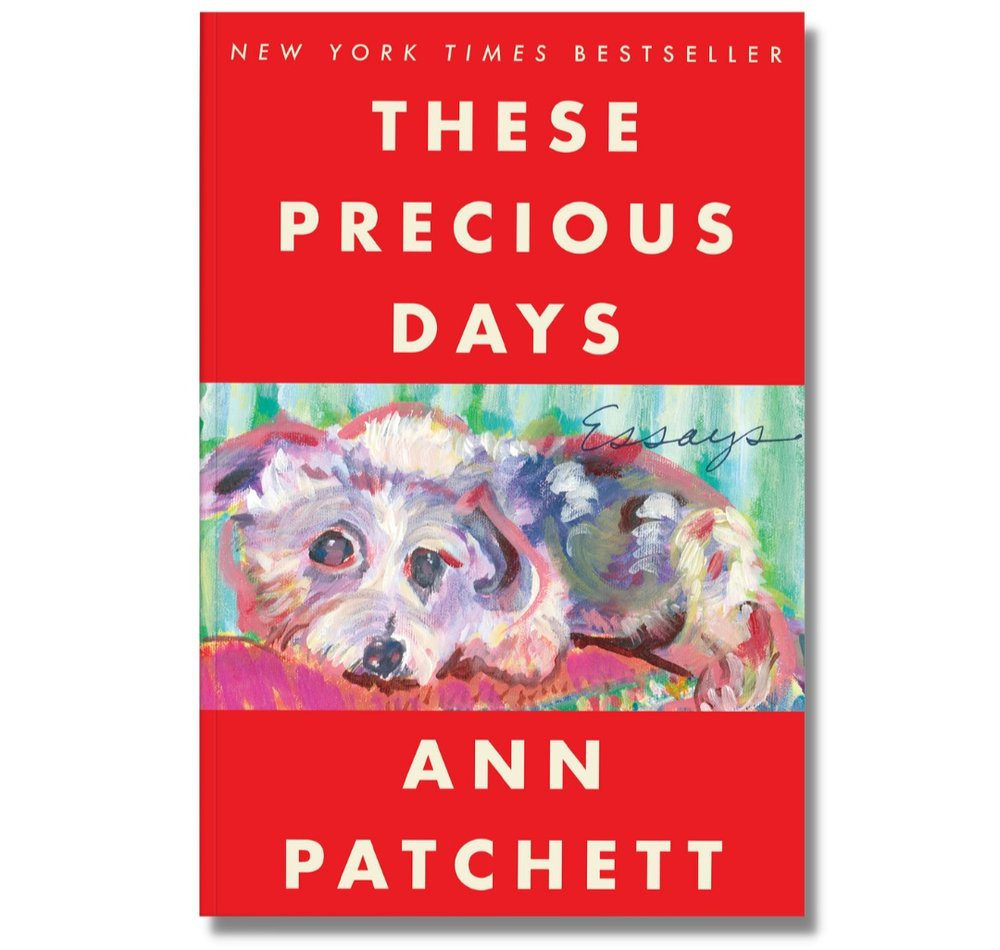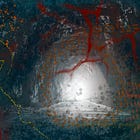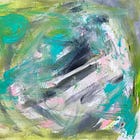📚 Introducing the Odyssey of the Body Book Club
Read a fantastic book with me this summer
Hello, dear friends,
Books are amazing resources, portals to dip into someone else’s experiences, magical ways to slide into someone else’s body.
Books have literally changed how I breathe (Breath by James Nestor), how I think about the future (Imaginable by Jane McGonigal), and how I stick to taking a daily medication (Atomic Habits by James Clear).
Many times, I’ll read a book and think — Wow! After 4 decades on Earth, how did I not know this? Everyone should read this!
Or: I wish I could talk to someone about this.
I am guessing that many of you, thoughtful readers, are also book readers.
So … this summer, I’m setting up the Odyssey of the Body Book Club. I hope you’ll join in!
How it will work
We’ll pick a book by vote, below.
I’ll write about the book a few times, divided into halves or thirds, and list a few questions to ponder — and answer in the comments, if you like.
At the end of August, I’ll host a live discussion for paid subscribers on Zoom. This will likely be a small lovely gathering, a chance to connect with each other. Not recorded, not a webinar.
(What? There is paid subscription option? There is! It’s $6/month or $60/year. When I asked paid subscribers — thank you for your support! ❤️ — about what benefits they’d like, the book club was one of the most popular answers.)
Even if you don’t even up reading the book, I hope that through quotes and ideas that I share from these terrific books, you’ll still get a lot out of the Odyssey of the Body Book Club.
What should we read first?
Here are four choices for our first read, all of which I’ve read and can vouch for. Each of them touches on the human condition, on our bodies, on our health in some way, but none of them are medical books. (And when I checked my local library, all were available. I hope the same for you.)
“Small Rain” by Garth Greenwell — fiction
I savored this novel, though it is probably not be everyone’s pace or topic. Small Rain is not action-packed; it is thought-packed, full of slow and deep meanderings. It’s a story of illness and love written by a poet.
In an interview with Meghan O’Rourke, Garth Greenwell explained:
“The book is not autobiography, but I underwent a medical crisis in 2020 similar to the narrator’s and emerged from it utterly bewildered—about what my body had undergone, about what the experience meant for my understanding of my life. That state of bewilderment is what compels writing for me, or at least novel writing. I think we need art because there are situations we can’t think about with our other tools for thinking. I couldn’t reason my way to an understanding of what had happened to me; I needed to dwell in it. And to do that I needed the tools of fiction: character and scene, and also the peculiar pressure of the aesthetic.”
“Breath” by James Nestor — nonfiction
This book astonished me — there were so many things about breathing I didn’t know. James Nestor takes you on a journey of his own exploration of difficulty breathing and learning better ways to breathe. The storytelling is mixed with history and medicine facts. Breathing exercises are included at the end of the book. It’s been a few years since I read this book, but I still think about it and use things I learned here.
“These Precious Days” by Ann Patchett — essays
Ann Patchett is a legendary novelist, but I love her essays even more.
I reread the title essay of this collection every year; it’s one of those true life stories that captivates from the very beginning and takes you on a winding, gripping, and startling story. It’s about friendship and illness and surprises.
The rest of the essays are not necessarily directly connected to the human body or illness, but all of Ann’s writing is steeped in very human lives.
Read the “These Precious Days,” the title essay, for free online at Harper’s Magazine
“The Beauty of Dusk” by Frank Bruni — memoir
Frank Bruni is a New York Times columnist who abruptly began to lose sight in one eye. This is the harrowing and heartening story of his condition, his discoveries in learning more about other people who had lost their sight, and his shifting perspective. It is a bit of a mystery story — why is he losing his sight? what will happen next? — laced with wisdom about how to live well in challenging times.
If you are interested in reading along, please vote for the book you’d like to read together. I’ll share the winner on Saturday.
I’m excited to read with you!
To our journeys,
Brianne
p.s. I leave you with a quote from Ann Patchett from “These Precious Days”:
“Putting together a novel is essentially putting together the lives of strangers I’m coming to know. In some ways it’s not unlike putting together my own life. I think I know what I’m doing when in truth I have no idea. I just keep moving forward.”











